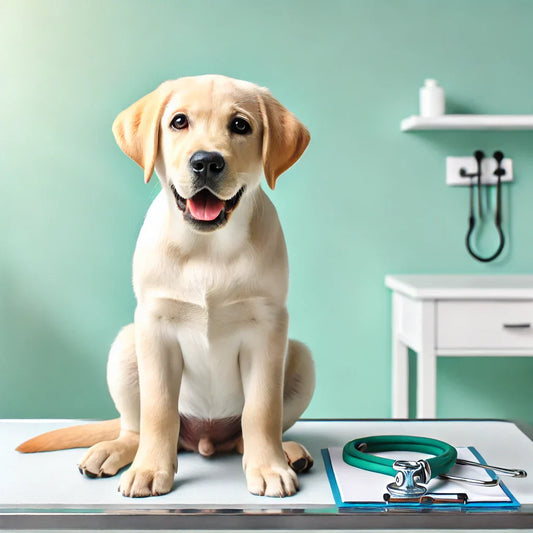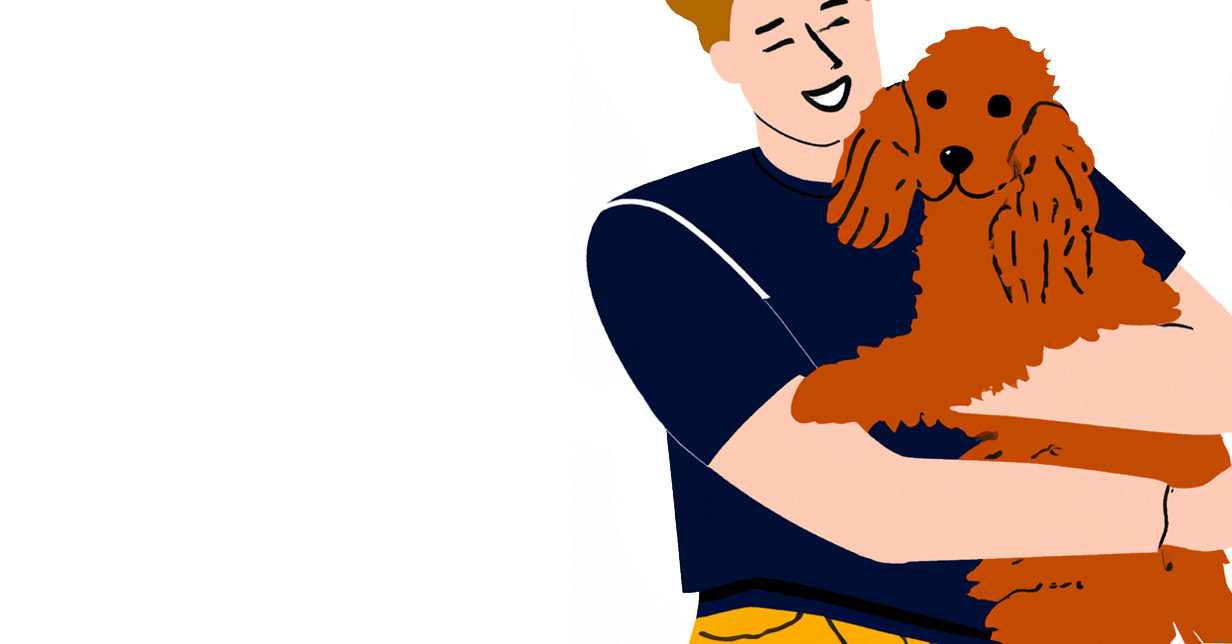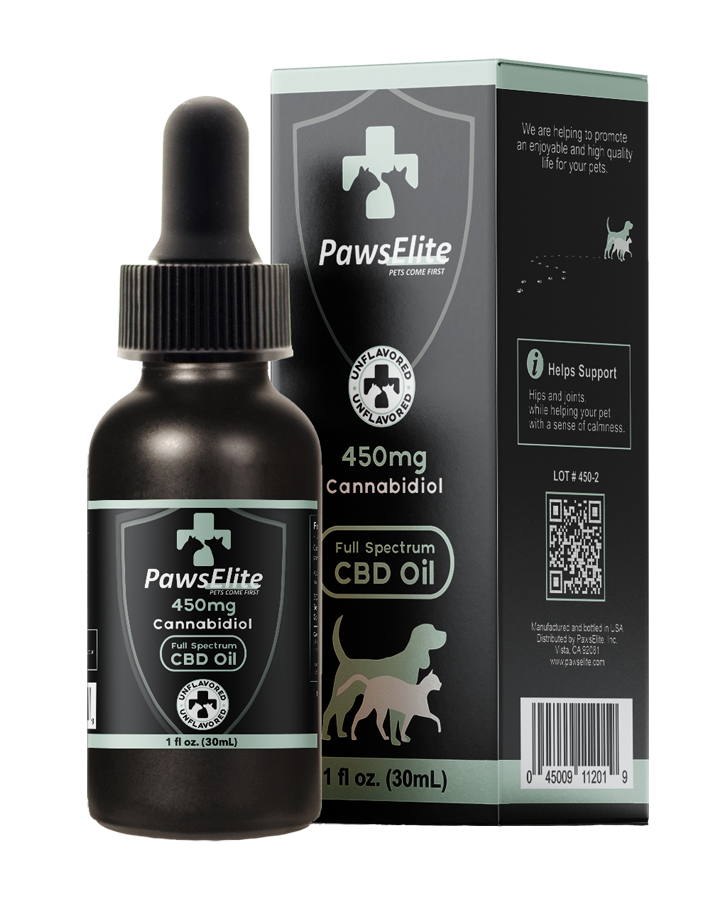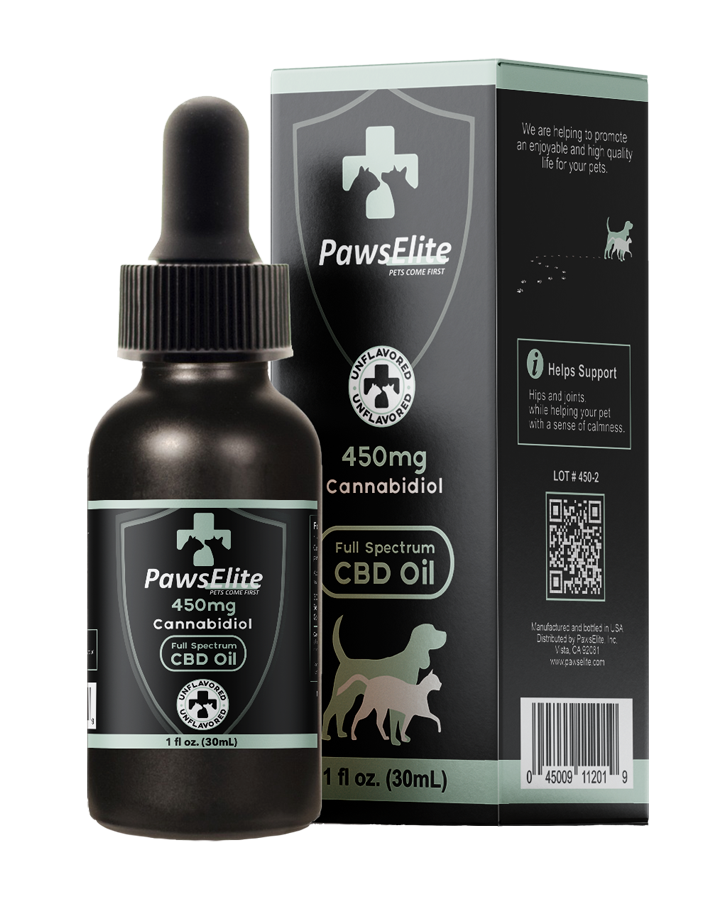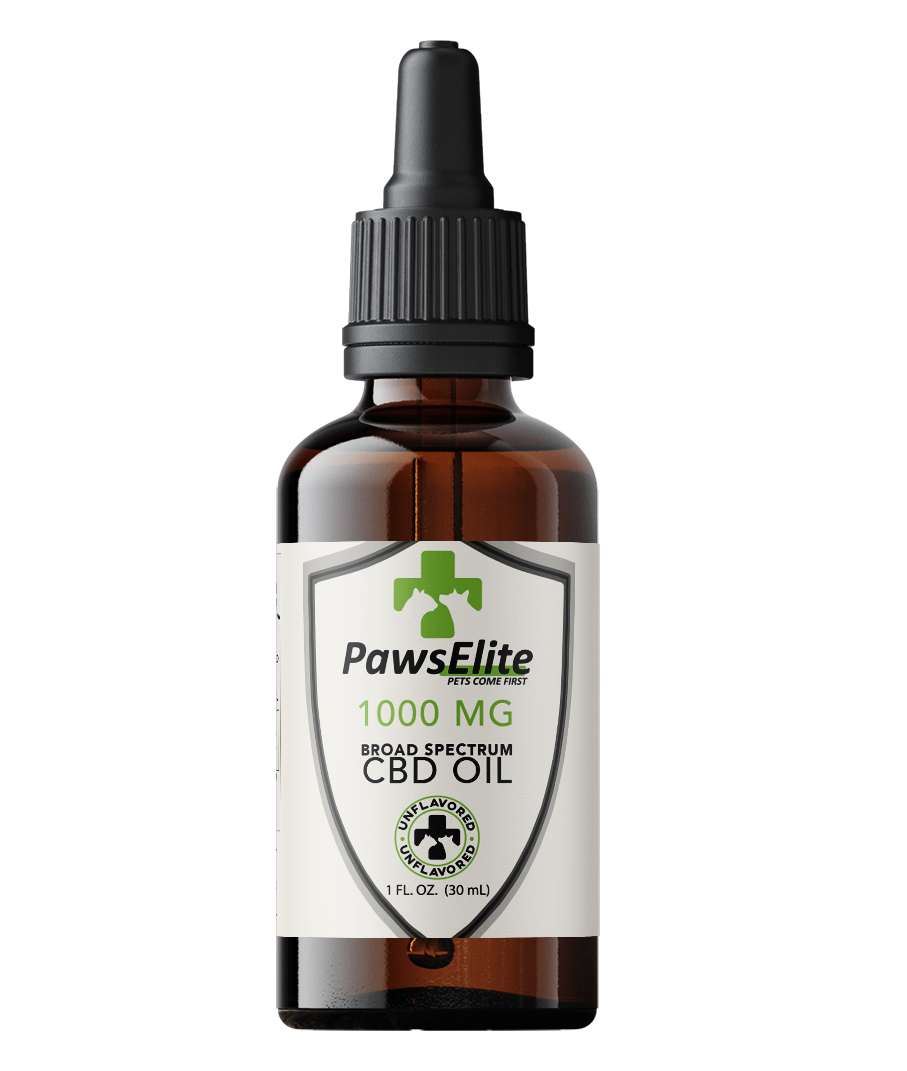
Is Your Dog Noise Sensitive?
Share
Many dog owners notice changes in their pet's behavior around sounds. If you're asking, "Why is my dog suddenly sensitive to noise?", you're not alone. Dogs can develop sensitivity to noises for various reasons, and understanding this can help you support your pet.
Understanding Noise Sensitivity in Dogs
Dogs have highly sensitive ears. They can hear frequencies that humans cannot. This heightened sense means that loud or unexpected sounds can be overwhelming. "How sensitive are dogs' ears?" you might wonder. Their ears are so acute that what seems normal to us can be intense for them.
Common Signs of Noise Sensitivity
- Hiding or seeking shelter
- Excessive barking or whining
- Shaking or trembling
- Pacing or restlessness
Recognizing these signs early can prevent the development of a full-blown phobia of certain sounds or even a general phobia of dogs in some cases.
Noise Sensitivity vs. Noise Phobia in Dogs
While "noise sensitivity" refers to a heightened awareness or reaction to environmental noises, "noise phobia" represents an extreme and debilitating fear of specific sounds. Understanding the difference between the two is crucial for addressing your dog's well-being.
- Noise Sensitivity: This is a general reaction where your dog may show mild discomfort or heightened awareness of sounds, such as household noises or high-frequency sounds. Common causes include poor socialization, genetic factors, or prior exposure to unpredictable sounds.
- Noise Phobia: Noise phobia is an intense fear of specific noises, like thunderstorms or fireworks, often resulting in a phobic response. Dogs with noise phobia may exhibit severe symptoms, including trembling, hiding, destructive behavior, or attempts to escape.
Key Differences:
Intensity of Reaction:
- Sensitivity: Noticeable but manageable reactions to sounds.
- Phobia: Extreme fear significantly impacting the dog's quality of life.
Triggers:
- Sensitivity: General discomfort with intermittent sounds or environmental noises.
- Phobia: Specific, often traumatic environmental events, like loud storms or explosions.
Treatment Approach:
- Sensitivity: Managed through desensitization strategies, counter-conditioning, and pheromone diffusers.
- Phobia: May require advanced therapies, herbal products, or medical intervention to alleviate the fear of noise.
Supporting Your Dog: If your dog shows signs of noise sensitivity or noise phobia, it’s important to consult a veterinarian or animal behaviorist. They can recommend tailored approaches, such as pheromone diffusers, desensitization strategies, or natural remedies to help your pet overcome their fear and anxiety.
Sources of Noise Anxiety in Dogs
Dogs can develop anxiety or fear responses to various noises, often due to their heightened hearing and sensitivity to sound frequencies. Identifying these sources can help you better understand and address your dog’s reactions.
Common Noise Triggers:
- Thunderstorms: Loud thunder and the atmospheric pressure changes associated with storms can create significant stress for dogs.
- Fireworks: The unpredictable and explosive nature of fireworks often triggers fear-based behavior.
- Household Appliances: Items like vacuum cleaners, fire alarms, or other loud devices can cause anxiety in noise-sensitive dogs.
- Gunshots: Sharp, high-decibel sounds such as gunshots can be particularly alarming for dogs with heightened hearing.
- Large Vehicles: The rumbling noise of trucks, buses, or motorcycles may also provoke anxiety.
Environmental Factors:
- Physical Pain: Noises can exacerbate discomfort in dogs with existing medical conditions, amplifying their stress response.
- Traumatic Associations: Dogs that have experienced stressful or painful situations related to specific sounds may develop long-term anxiety.
Addressing Noise Anxiety: To manage anxiety caused by these noises, consider:
- Implementing desensitization strategies to gradually acclimate your dog to these sounds in a controlled environment.
- Consulting a veterinarian to rule out physical pain or medical conditions as contributing factors.
- Creating a calm space and using soothing techniques, such as background noise or calming aids, to help your dog feel more secure during triggering events.
Understanding the sources of noise anxiety is the first step in helping your dog feel safe and supported.
Causes of Sudden Noise Sensitivity
Several factors can contribute to a dog's sudden sensitivity:
- Aging: Older dogs may become more anxious.
- Past Experiences: Negative encounters with loud noises.
- Health Issues: Ear infections or other medical conditions.
Helping Your Noise Sensitive Dog
There are ways to comfort your dog and reduce their anxiety:
- Create a safe space where they feel secure.
- Use calming aids or therapies.
- Consult a veterinarian for professional advice.
For more tips on easing your dog's anxiety, you might find this article helpful: How to Help a Dog with Separation Anxiety.
Consider Natural Remedies
Some owners explore natural options to soothe their pets. For instance, dog treats designed for anxiety can be a gentle way to help your dog relax.
Tips for Managing Noise Sensitivity in Dogs
Helping your dog manage noise sensitivity is a crucial part of ensuring their overall well-being. Here are some practical strategies to consider:
- Create a Safe Space: Designate a quiet, comfortable area in your home where your dog can retreat during loud events or unexpected noises. Add familiar items like their bed or toys to provide reassurance.
- Gradual Desensitization: Work with an animal behaviorist to expose your dog to specific noises in a controlled environment. This process, called desensitization, helps them associate sounds with positive experiences over time.
- Sound Masking: Use white noise machines, calming music, or fans to drown out triggering sounds, such as intermittent or unpredictable noises from household appliances or external sources.
- Behavioral Training: Engage in consistent training to redirect their focus during noise events. Positive reinforcement techniques can reinforce calm behavior.
- Consult a Veterinarian: If your dog's sensitivity is severe or linked to aging or health issues, a veterinarian can suggest treatments or therapies, including medication or natural calming aids.
By understanding the causes and implementing these strategies, you can help your dog feel more secure and resilient in noisy environments.
Conclusion
If your dog is noise sensitive, understanding and patience are key. By recognizing the signs and causes, you can take steps to improve their comfort and well-being. Remember, "Dog Noise Sensitive" issues are common, and solutions are available.



